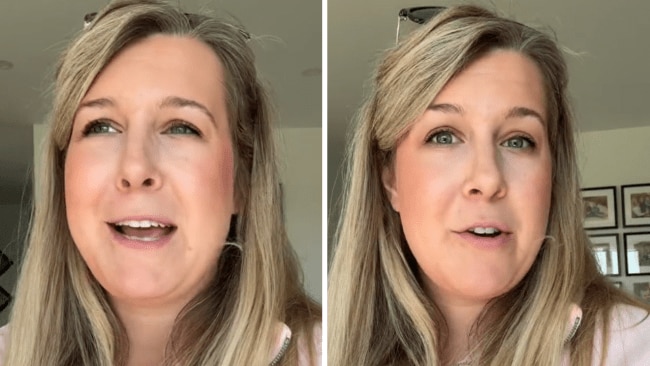'It was hard to get her to smile ... that was the first sign something was wrong'
Around the time she was a year old, we started noticing other things that just felt slightly ‘off’ to us. She wasn’t really waving, she wasn’t pointing at anything, and she wasn’t moving past basic sounds like ‘ma ma’ and ‘da da’.
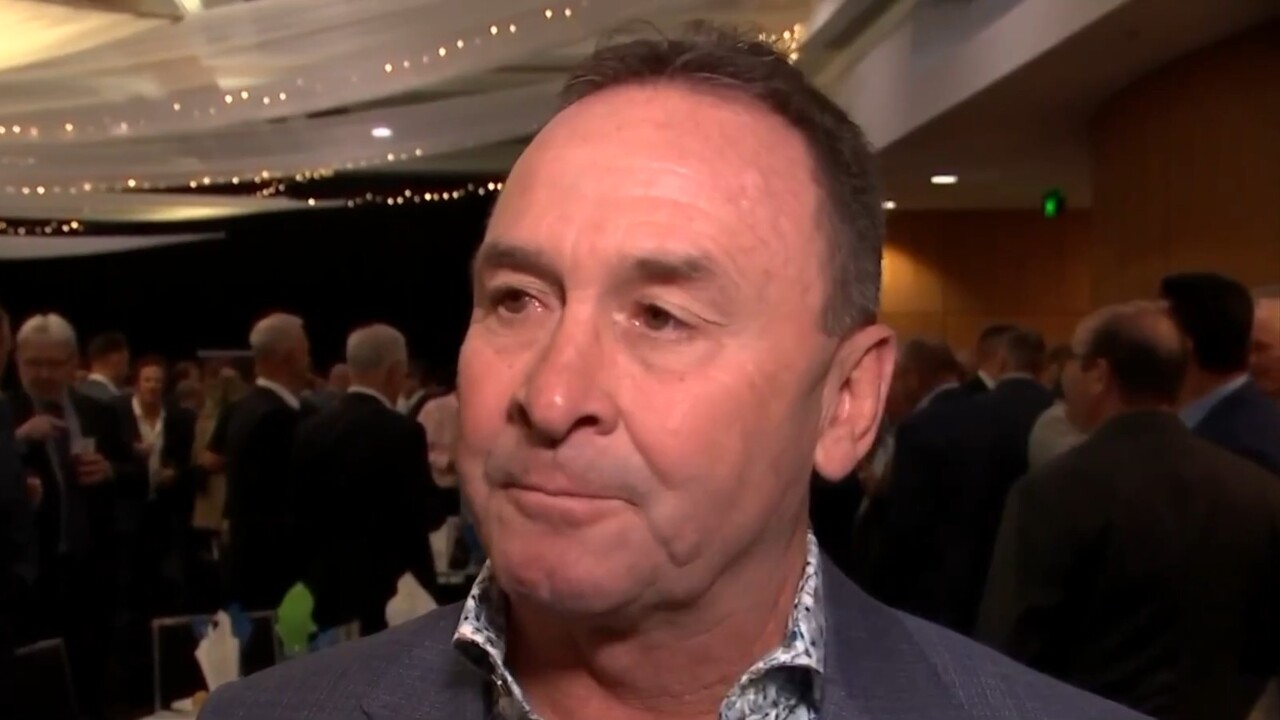
Family Life
Don't miss out on the headlines from Family Life. Followed categories will be added to My News.
For the first 18 months of her life, Aoife was affectionately known as our ‘little serious girl’.
She would rarely smile at people (even her mum and dad), to the point where others would also comment on how serious she was.
We didn’t mind at all. She had the cutest little ‘squish face’ as we called it, and it made every smile and giggle we did get all the more special.
Want to join the family? Sign up to our Kidspot newsletter for more stories like this.
Around the time she was a year old, we started noticing other things that just felt slightly ‘off’ to us.
She wasn’t really waving, she wasn’t pointing at anything, and she wasn’t moving past basic sounds like ‘ma ma’ and ‘da da’.
At her 12-month check, the doctors told us we shouldn’t be too worried yet, and to keep an eye on anything we were concerned about.
RELATED: ‘My daughter went from a nonverbal autism diagnosis to publishing kid’s books’
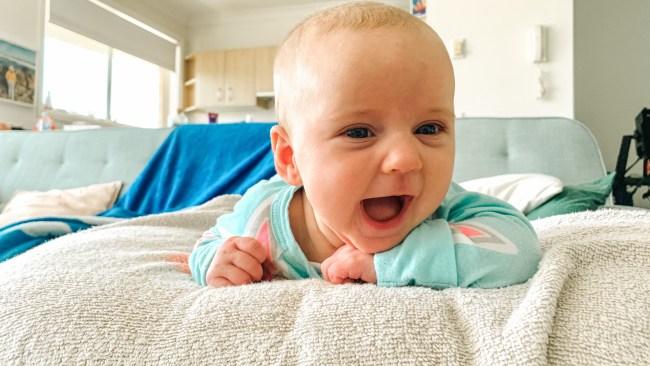
"This was when the nightmare really kicked in"
We got the same advice at her 18-month check, even though we were still concerned, but that changed later that afternoon.
One of the nurses called my wife and said she’d reconsidered, and would book Aoife in for a meeting with a speech pathologist, an occupational therapist, and a physiotherapist.
The physiotherapist wasn’t concerned at all, which didn’t surprise considering Aoife walked at 13 months and was climbing the wall of chairs we’d set up as protection for our TV just hours later.
However, the speech pathologist and the occupational therapist were concerned, and they encouraged us to see a paediatrician.
This is where the nightmare of having a special needs child in a regional area really kicked in for us.
RELATED: Six signs of autism in girls that doctors often miss
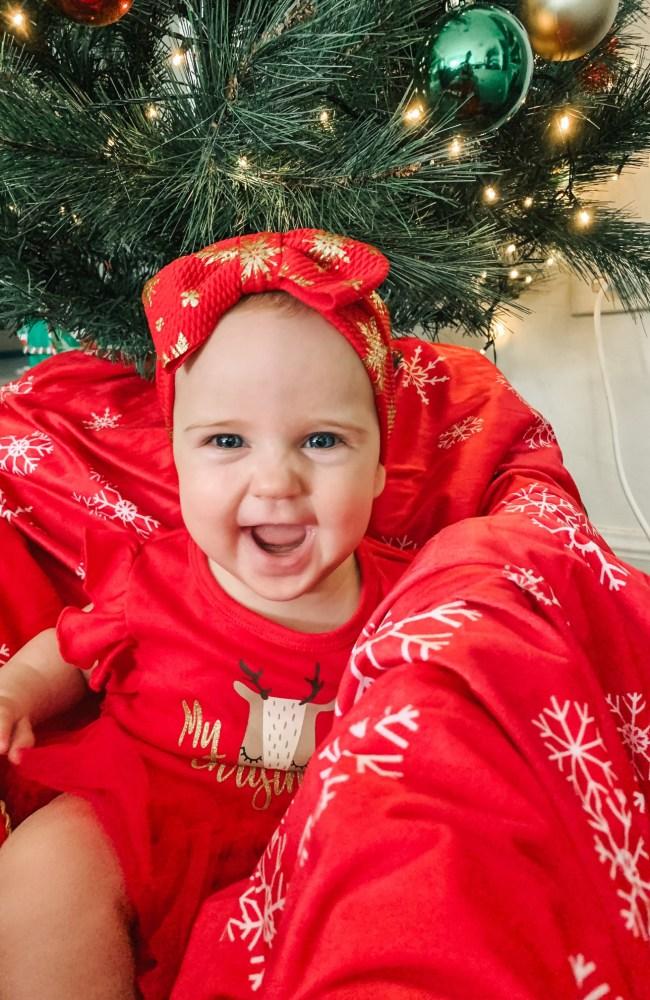
"Our experience isn't the norm for regional families"
Long story short, Aoife would be diagnosed with level three autism just after her second birthday, but prior to that we were faced with a choice between an expensive private paediatrician who was based in our town, or a public paediatrician based more than two hours away.
It had to be the latter because we simply couldn’t afford the former, so I loaded my daughter and my now pregnant wife into our car for what basically turned into a daytrip.
Introducing our new podcast: Mum Club! Listen and subscribe wherever you get your podcasts so you never miss an episode.
It would take two visits to the paediatrician to get our diagnosis, meaning two four-hour round trips, and that was just the start of our problems.
Next was trying to get onto waiting lists for therapists, and although we ended up being extremely lucky, we know for a fact that our experience isn’t the norm for regional families.
Because Aoife was so young, we secured a speech pathologist within six months who understood the importance of early intervention.
Our OT was secured just a couple of months after that, and for a while it seemed like we were on a good path with Aoife.
RELATED: They dismissed my baby as a late walker... I even researched signs of autism
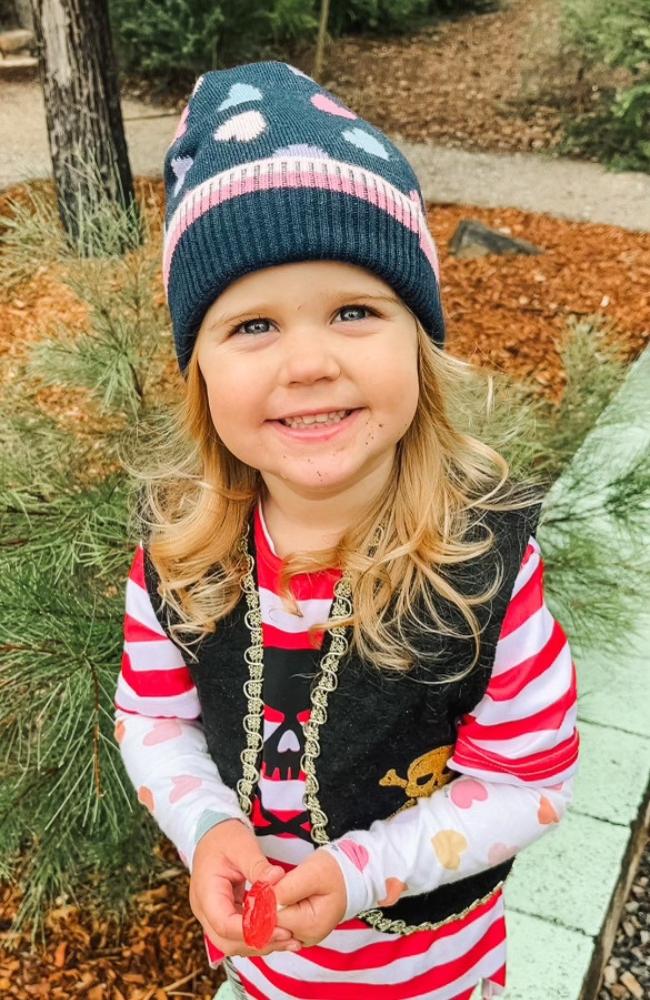
"It could be years before we get a spot"
She had weekly OT and fortnightly speech just 25 minutes down the road, and she was quickly advancing with her developmental milestones.
She started picking up simple words, she became more social and aware of other people around her, and other problematic behaviours such as climbing and running away any chance she’d get were becoming less so.
This continued for almost 12 months before we were hit with a hammer blow: we would be losing Aoife’s OT.
That sent us back to putting ourselves on waiting lists, but not before we realised there was only one other occupational therapy provider in our shire, and their list was so long it could be years before we got a spot.
The next nearest providers were almost an hour away, but both of those also had long waiting lists.
RELATED: Nothing is straightforward when it comes to raising my twins with autism
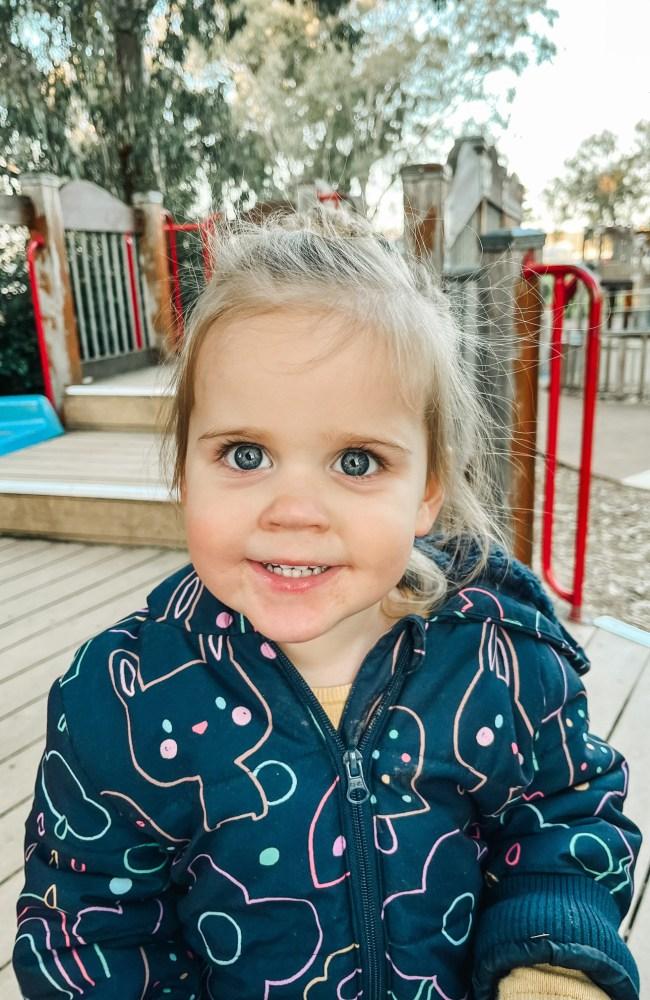
"You have to take an entire day just for a 30 minute appointment"
We did find a temporary fix with surf therapy, but that would only last until the end of the warmer months.
Now, Aoife does one home-based speech therapy session each week, and two days of preschool which go some way to filling the gap left by OT, but it’s obviously not ideal.
Oh, and that paediatrician? We still face that day-trip once every six months or so to make sure we’re staying on top of whatever Aoife’s changing needs are.
Aoife is about to turn four, so thankfully we’ve still got a lot of ‘early-intervention’ time with her, but we definitely feel hamstrung by where we live.
I get it, the cities also have waiting lists for therapy providers, but they’re also better resourced with more options available to families like mine.
And you wouldn’t have to take an entire day just to visit the paediatrician for 30 minutes on a Tuesday afternoon.
RELATED: Little Aoife was on the waiting list of every OT within 90 minutes of us - we'd lost hope
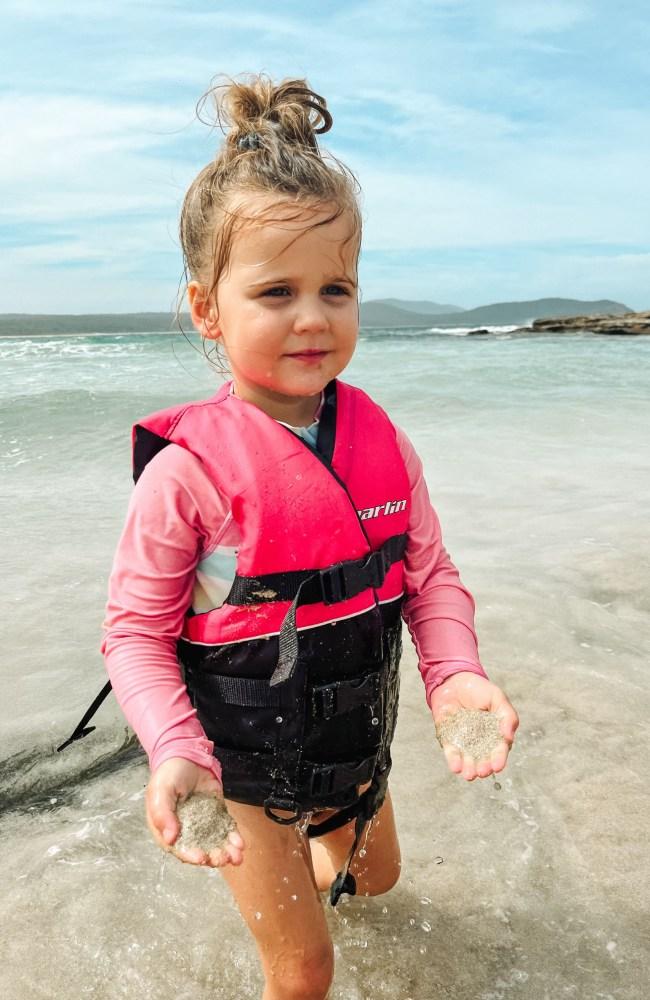
"We always find a way to make it work"
As of writing, Aoife still hasn’t found a permanent solution for her OT needs, although the wonderful young woman who did her surf therapy has agreed to help us with any urgent matters (such as toilet training).
Take it from me, navigating life with a child with special needs is difficult enough even under the most perfect circumstances.
Having to do it with next to no resources around you is near impossible, but ask any family with a child with special needs: we always find a way to make it work.
And you better believe we'll always do whatever it takes to give Aoife the opportunity to live her best life.
Originally published as 'It was hard to get her to smile ... that was the first sign something was wrong'




